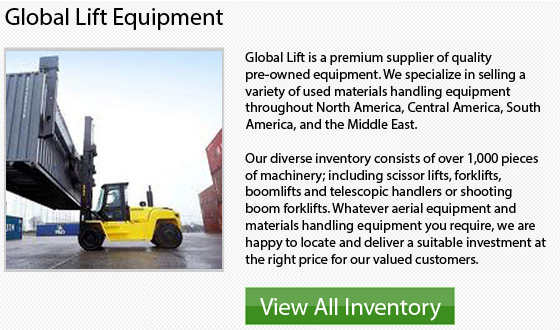
There are a range of important steps in forklift training that concern particularly to forklift safety. To begin with, it is very vital to ensure that all employees have been properly trained and certified to utilize the equipment. This is a big piece of machine that we are talking about. You just cannot take risks with it. Forklift training is essential business which must be taken seriously. If you choose to skip this process, extreme consequences could ultimately catch up with you. Permitting inexperienced and wrongly taught individuals to operate forklifts can result in serious damage, terrible injuries and also fatality.
Make it a standard company policy to always utilize seatbelts, at all times, no matter what. This is an easy topic that employees usually become lax about, particularly because the equipment is only traveling 10 miles an hour. Employees often think that they would not have any type of issue and thus, begin not wearing them. This is where the danger could happen, since it is easy for an accident to happen which could have devastating results. This is not a car or a truck; the seatbelt is not necessary to hold them in the cab if they run into something. In a forklift, the purpose is a lot more important, even though the machine travels very slow, in the unfortunate event of a tip-over, the seatbelt holds the driver in place secure in the operator's seat so they will not topple out and be accidentally crushed underneath.
In the event of any mechanical issues or problems, a well-organized reporting system needs to be implemented. Workers need a rational way to communicate these situations so that people who are responsible for fixing them will. Employees must know enough about the equipment that they understand at least the very basics of what could go wrong.
A driver needs to be able to detect if there is a problem with the forklift in order to rectify it before it becomes a big and possibly risky or costly problem. Having a reliable reporting system in place is very important for workplaces that run on shift work. Like for instance, if one operator is having a problem and he leaves, and the secondary operator doesn't know the issue during his shift, then catastrophic situations could arise. Forklift training is much more involved than just knowing simply how to utilize the machine.
It doesn't matter if an employee feels that the machinery is overturning, train your workers to never jump out of a forklift. The trick in this dicey situation is to lean away from the turn while staying inside the cab and tightly holding on.